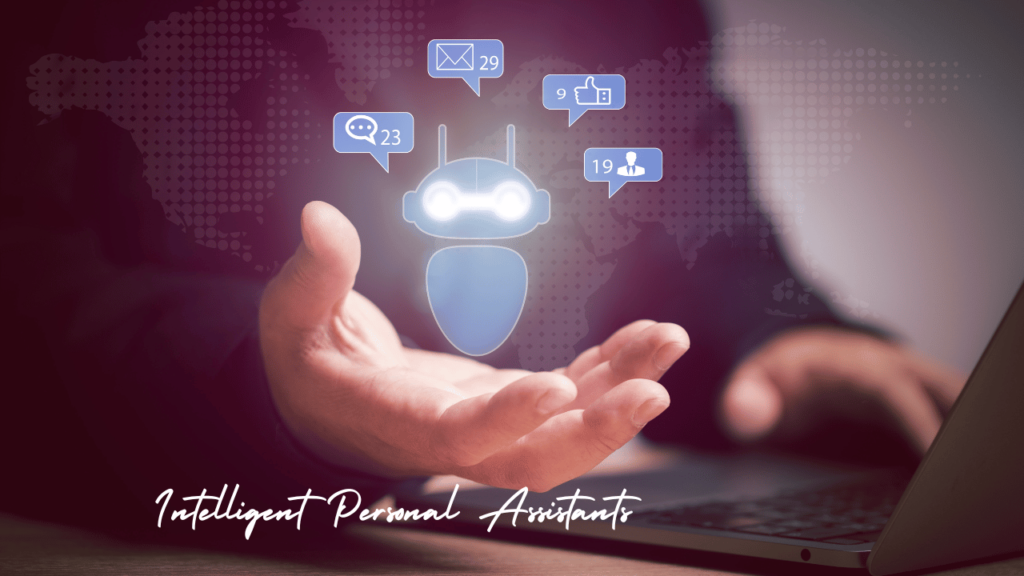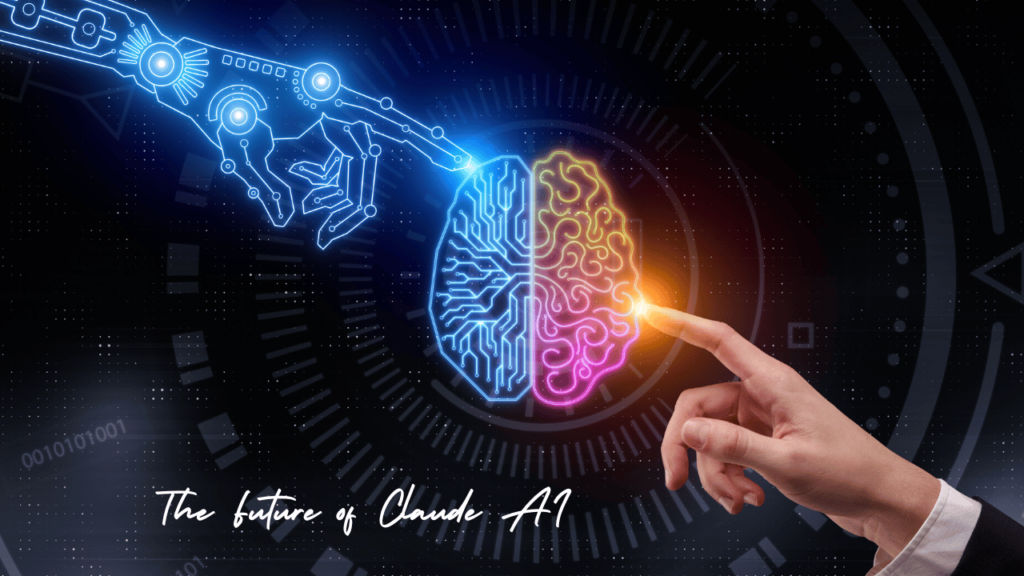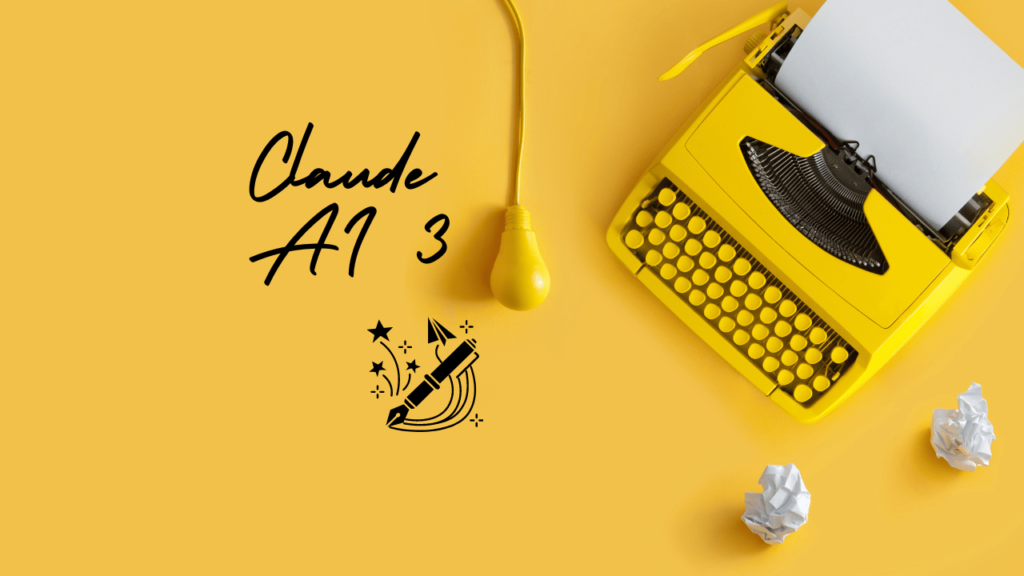Claude AI 3. In the ever-evolving landscape of artificial intelligence, one name has been making waves: Claude. Developed by the pioneering AI research company, Anthropic, Claude represents a significant leap forward in the realm of conversational AI assistants.
With its advanced natural language processing capabilities and a profound understanding of context, Claude has captivated the attention of tech enthusiasts, researchers, and businesses alike.
What Sets Claude AI Apart?
Exceptional Language Understanding

At the core of Claude AI’s prowess lies its exceptional natural language understanding capabilities. Through sophisticated neural networks and cutting-edge language models, Claude can comprehend and interpret human language with remarkable accuracy.
Whether it’s processing complex queries, deciphering nuanced context, or engaging in intricate conversations, Claude excels at bridging the gap between human and machine communication.
Contextual Awareness
One of the most impressive features of Claude is its ability to maintain and leverage contextual awareness throughout conversations.
Unlike traditional AI assistants that often struggle with maintaining coherence over extended dialogues, Claude seamlessly adapts to the flow of the conversation, retaining and building upon previously established context. This contextual awareness ensures that interactions with Claude are natural, coherent, and tailored to the specific needs and preferences of the user.
Knowledge Breadth and Depth
Claude boasts a vast knowledge base spanning numerous domains, from science and technology to arts and humanities. Its ability to draw upon this extensive repository of information allows it to engage in substantive discussions and provide insightful responses on a wide range of topics.
Whether you’re seeking factual information, in-depth analysis, or creative inspiration, Claude AI’s knowledge depth ensures that it can meet your needs with remarkable accuracy and relevance.
Applications and Use Cases
Intelligent Personal Assistants

As personal AI assistants continue to gain popularity, Claude AI stands poised to revolutionize the way we interact with these virtual helpers.
With its natural language processing capabilities and contextual awareness, Claude can understand and respond to complex queries, manage schedules, provide personalized recommendations, and even engage in witty banter, making it an indispensable companion for both personal and professional endeavors.
Customer Service and Support
In the realm of customer service, Claude’s conversational prowess offers a game-changing solution. By seamlessly understanding customer inquiries, concerns, and preferences, Claude can provide personalized and efficient support, reducing wait times and improving overall customer satisfaction. Its ability to maintain context throughout interactions ensures that each customer’s unique needs are met with tailored solutions.
Education and Learning
The potential applications of Claude in education are vast and compelling. As a virtual tutor or teaching assistant, Claude can engage with students, answering their questions, providing explanations, and offering personalized guidance throughout their learning journey.
Its extensive knowledge base and ability to adapt to individual learning styles make it an invaluable resource for enhancing educational outcomes.
Creative Collaboration

Creativity often thrives through collaboration and the exchange of ideas. Claude AI’s natural language processing capabilities and contextual awareness make it an ideal partner for creative endeavors.
Writers, artists, and designers can engage in lively discussions with Claude, bouncing ideas off the AI assistant and receiving insightful feedback and suggestions, fostering an environment of creative exploration and innovation.
Ethical Considerations and Challenges
While the potential of Claude AI is undeniable, its development and deployment raise important ethical considerations that must be addressed. As with any powerful technology, there are concerns regarding privacy, bias, and the responsible use of AI systems.
Privacy and Data Security
As Claude AI processes and stores vast amounts of user data to provide personalized experiences, ensuring the privacy and security of this information is paramount.
Robust data protection measures, transparency in data handling practices, and strict adherence to privacy regulations are essential to maintain user trust and prevent potential misuse of sensitive information.
Mitigating Bias and Fairness
Like any AI system, Claude AI is susceptible to inheriting biases present in the data used for its training. Anthropic and the broader AI community must remain vigilant in identifying and mitigating potential biases that could lead to unfair or discriminatory outcomes.
Continuous monitoring, rigorous testing, and the incorporation of diverse datasets are crucial steps in ensuring fairness and promoting ethical AI development.
Responsible Use and Transparency
As Claude AI becomes more integrated into various aspects of our lives, it is essential to establish clear guidelines and frameworks for its responsible use. Transparency regarding the capabilities, limitations, and decision-making processes of the AI system is crucial to build trust and ensure its appropriate application.
Additionally, measures should be in place to prevent the misuse of Claude AI for malicious purposes, such as spreading misinformation or engaging in unethical activities.
The Future of Claude AI
Continuous Learning and Adaptation

One of the most exciting prospects for Claude AI is its ability to continuously learn and adapt. Through ongoing training and exposure to new data and interactions, Claude’s knowledge base and capabilities can expand, evolving to meet the ever-changing demands of users and the rapidly advancing technological landscape.
Multimodal Interactions
While Claude AI currently excels in natural language processing, the future may see it expand into multimodal interactions.
By integrating capabilities such as computer vision and audio processing, Claude could become a truly versatile assistant, capable of understanding and responding to a diverse range of inputs, including images, videos, and audio clips.
Personalization and Customization
As AI assistants become more integrated into our daily lives, the demand for personalization and customization will grow.
Claude AI’s ability to learn and adapt to individual preferences and needs could pave the way for highly personalized AI companions tailored to each user’s unique requirements and preferences.
Collaborative AI Ecosystems
The true potential of Claude AI may lie in its ability to collaborate with other AI systems and technologies. By integrating with various platforms, devices, and services, Claude could become part of a larger AI ecosystem, enabling seamless interactions and data exchange across multiple domains, enhancing its capabilities and utility.
Conclusion
The emergence of Claude AI represents a significant milestone in the ongoing quest for advanced artificial intelligence. With its exceptional language understanding, contextual awareness, and vast knowledge base, Claude has the potential to revolutionize the way we interact with AI assistants and leverage their capabilities across various industries and applications.
However, as with any transformative technology, the development and deployment of Claude AI must be accompanied by a robust ethical framework that prioritizes privacy, fairness, and responsible use. By addressing these crucial considerations and fostering a collaborative approach among researchers, developers, and policymakers, we can unlock the full potential of Claude AI while ensuring its beneficial impact on society.
As the field of AI continues to evolve at a rapid pace, Claude AI stands as a testament to the remarkable progress being made in natural language processing and conversational AI. With its ability to understand, contextualize, and engage in human-like interactions, Claude represents a significant step towards a future where AI assistants become seamlessly integrated into our lives, enhancing our productivity, creativity, and overall human experience.
FAQs
What is Claude AI?
Claude AI is a cutting-edge conversational AI assistant developed by the AI research company Anthropic. It is renowned for its exceptional natural language processing capabilities, contextual awareness, and vast knowledge base.
How does Claude AI work?
Claude AI leverages advanced neural networks and language models to understand and interpret human language with remarkable accuracy. It processes queries, maintains context throughout conversations, and draws upon its extensive knowledge base to provide relevant and insightful responses.
What makes Claude AI unique?
Claude AI stands out for its ability to maintain contextual awareness during extended dialogues, ensuring coherent and tailored interactions. Additionally, its broad knowledge base spanning numerous domains allows it to engage in substantive discussions on a wide range of topics.
What are the potential applications of Claude AI?
Claude AI has numerous potential applications, including intelligent personal assistants, customer service and support, education and learning, and creative collaboration. Its conversational prowess and contextual understanding make it a valuable asset in various domains.
How does Claude AI handle privacy and data security?
Anthropic implements robust data protection measures and adheres to strict privacy regulations to ensure the security and responsible handling of user data. Claude AI’s development prioritizes privacy and transparency in data practices.
Can Claude AI learn and adapt over time?
Yes, Claude AI has the capability to continuously learn and adapt through ongoing training and exposure to new data and interactions. This enables its knowledge base and capabilities to expand and evolve, meeting the changing demands of users and technological advancements.
How does Claude AI address potential biases?
Anthropic and the broader AI community are committed to identifying and mitigating potential biases in Claude AI’s training data and decision-making processes. Rigorous testing, diverse datasets, and continuous monitoring are employed to promote fairness and ethical AI development.
Can Claude AI engage in multimodal interactions?
While Claude AI currently excels in natural language processing, future developments may include multimodal interaction capabilities, such as computer vision and audio processing, enabling it to understand and respond to a diverse range of inputs.
How can users customize or personalize Claude AI?
As AI assistants become more integrated into our lives, the demand for personalization and customization will grow. Claude AI’s ability to learn and adapt to individual preferences and needs could pave the way for highly personalized AI companions tailored to each user’s unique requirements.
What is the future of Claude AI and conversational AI assistants?
The future of Claude AI and conversational AI assistants may involve collaborative AI ecosystems, where they integrate with various platforms, devices, and services, enabling seamless interactions and data exchange across multiple domains. Additionally, ongoing research and development will continue to enhance their capabilities and utility.







